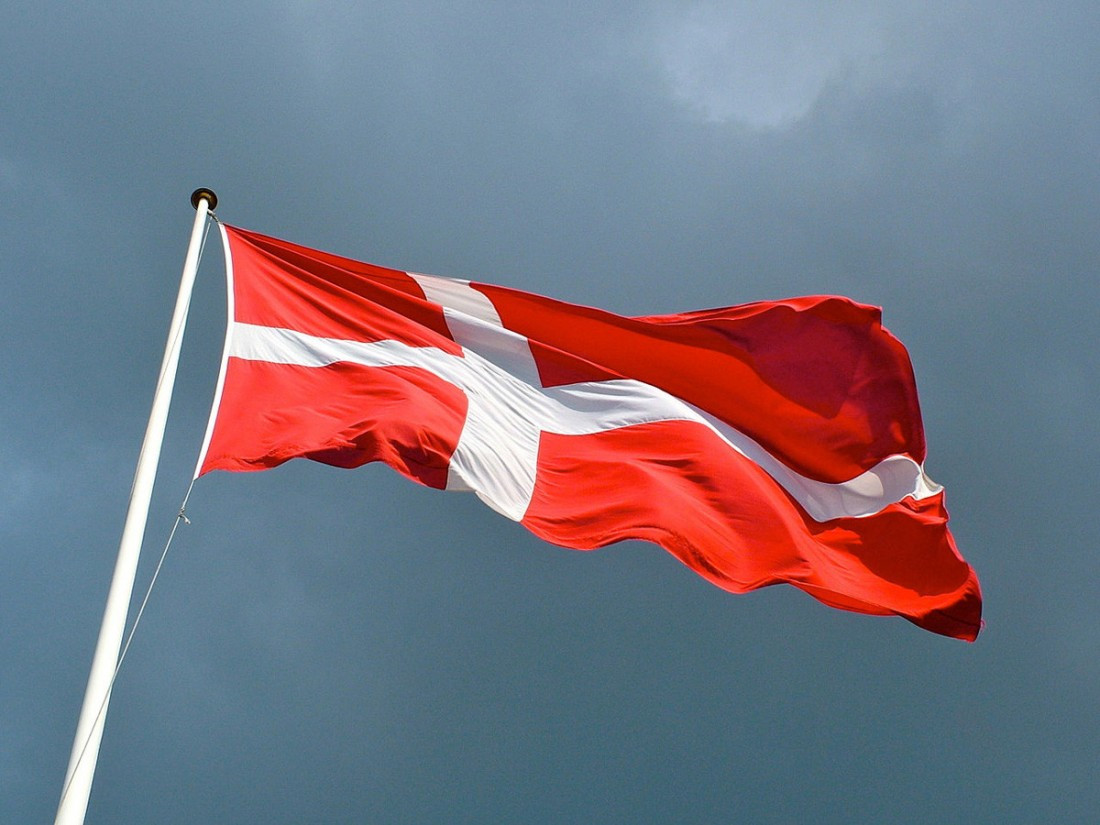Terror shows its ugly face in Denmark
As we respond to terrorism, we must avoid hatred and blame
In January we witnessed the horrible attack on Charlie Hebdo in Paris. I was shocked, as were many others. I’m from Denmark and considering what happened in 2006 with the Muhammad cartoon crisis, it didn’t make me confident that my country would be safe from terrorist attacks. It felt like it could be just below the surface. Sadly, it was.
On Feb. 14 there were shootings in Copenhagen. A 22-year-old man of Palestinian background, born and raised in Denmark, targeted the Swedish cartoonist Lars Vilks and the Jewish community. This led him to shoot at two locations: a synagogue and a meeting about freedom of speech attended by Lars Vilks. Two civilians died, five police officers were wounded and the attacker himself was shot and killed.
As Danish prime minister Helle Thorning-Schmidt told CNN, this is not something that usually happens in Denmark. It’s a small, peaceful country with a general trust between citizens and a feeling that the streets are safe. An attack like this shocked the whole nation. Suddenly terrorism was no longer something that might happen someday in the future, but a genuine reality.
So, why am I writing about a Danish terror attack in a Canadian newspaper? Because living in a world of terrorism is a reality for every single one of us. I want to write about the importance of standing together within nations as well as across nations when we experience this kind of cruelty.
Everyone who’s not a terrorist (clearly the majority) condemns these acts. The real challenge for mankind must be to prevent terrorism from creating more hate and hostility among us. It has been mentioned before, but it needs to be mentioned again.
We must remember the difference between peaceful Muslims and Islamic extremism. The worst case scenario after attacks like these is when more hostility and blame arises between people of different beliefs or non-beliefs in our society. Some people quickly blame either Muslims or Islam as a whole for what happened, while others blame cartoonists for provoking people with their drawings. I don’t think that blame will do any good.
Perhaps all the energy from the blaming and hating could be used to focus on a common interest in living peacefully side by side. It’s easier said than done for sure, but it’s a beautiful thought and we should have room for those once in a while too, right?
It is said that we wake up to a new and changed world after terror attacks. It might be true in the sense that we’re affected by it and shocked. The face of terrorism is truly ugly, but it’s even uglier if we let it destroy too much and cause our future world and views to change for the worse.
Signe Buchholtz is a second-year Sociology student at the University of Manitoba.
Published in Volume 69, Number 22 of The Uniter (February 25, 2015)







